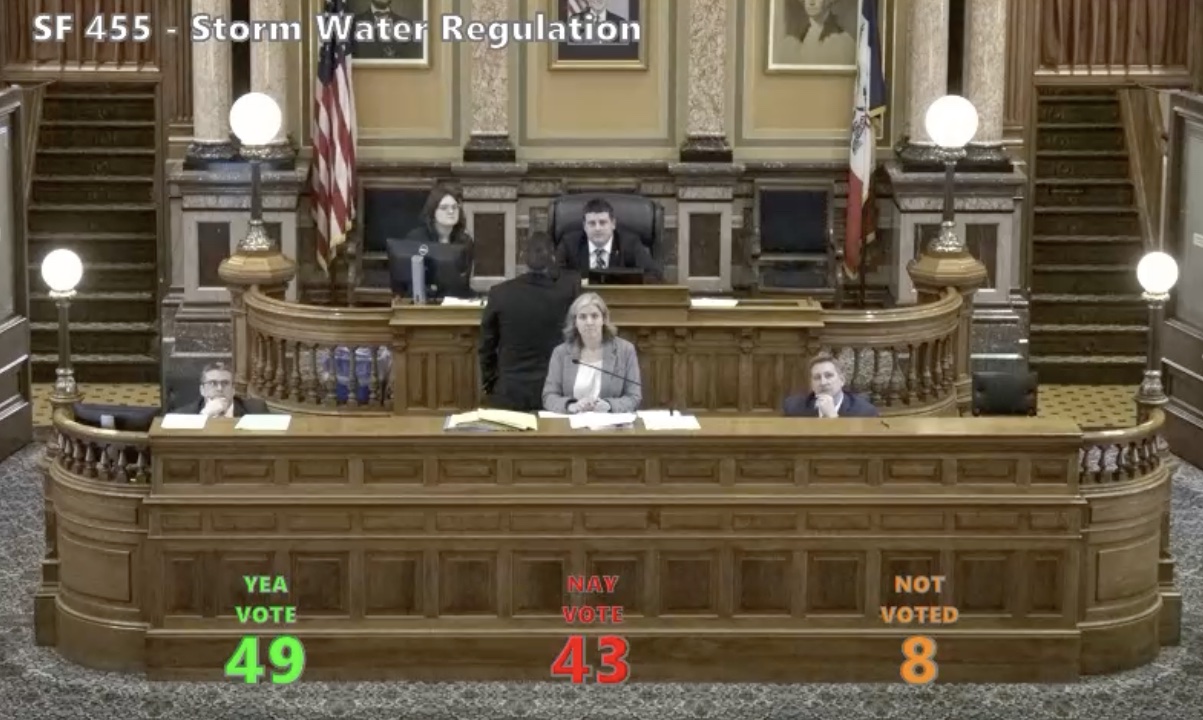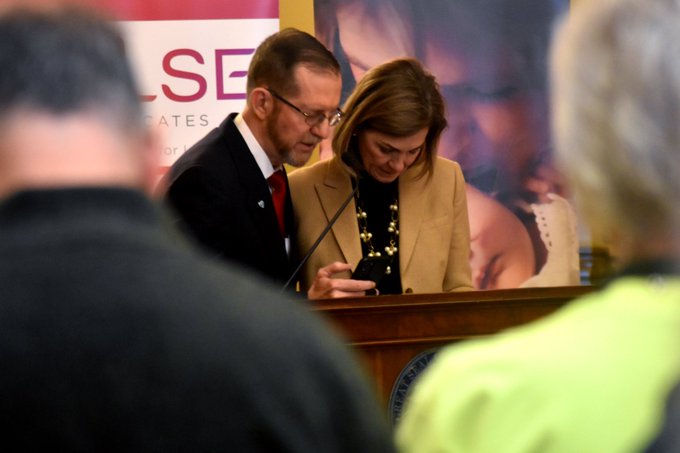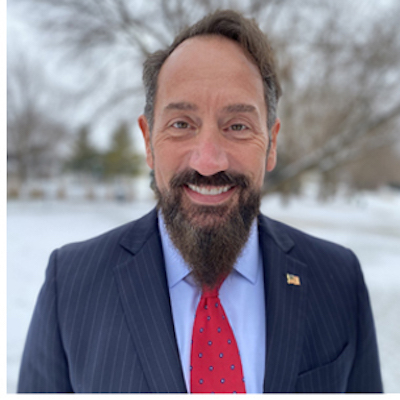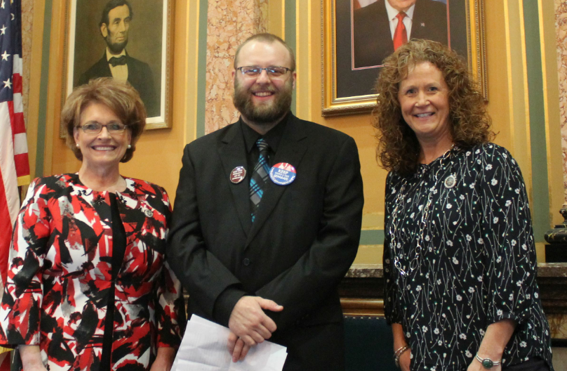Republican lawmakers are seeking to eliminate the two main sources of funding for the Leopold Center for Sustainable Agriculture at Iowa State University. The Iowa legislature created the center 30 years ago as part of the Groundwater Protection Act, one of the landmark environmental laws in this state’s history. Its threefold mission:
(1) identify the negative environmental and socioeconomic impacts of existing agricultural practices, (2) research and assist the development of alternative, more sustainable agricultural practices, and (3) inform the agricultural community and general public of the Center’s findings.
The center’s director, Dr. Mark Rasmussen, told Bleeding Heartland today that roughly $1.5 million of the Leopold Center’s approximately $2 million annual budget comes from receiving 35 percent of revenues from a fee on nitrogen fertilizer sales and pesticide registrations. The modest fee of 75 cents per ton of anhydrous ammonia (now selling for approximately $550 per ton) hasn’t changed since the Groundwater Protection Act set up this funding stream in 1987. Citing legislative sources, Rasmussen said Republicans are apparently planning to redirect nitrogen tax revenues. To my knowledge, no bill spelling out the new recipients has been published yet. UPDATE: I have seen the draft appropriations bill for agriculture and natural resources and can confirm it redirects these revenues to a new “Iowa Nutrient Research Fund.” (The Leopold Center’s research addresses a broader range of farming practices.) That appropriations bill calls for the ISU College of Agriculture and Life Sciences to take over any incomplete work by the Leopold Center after July 1, 2017.
The second-largest source of funding for the center is a line item in the Iowa Board of Regents budget, which used to be about $425,000 per year. Actual state funding during the current fiscal year totaled $397,417, and Governor Terry Branstad proposed keeping the center’s funding at that level for fiscal year 2018. But the Republican plan negotiated behind closed doors and revealed this afternoon at an Education Appropriations Subcommittee hearing zeroes out the Leopold Center line item.
The center also receives a “small amount of foundation earnings” from donations to an endowment managed by the ISU Foundation, Rasmussen said, but those funds are “wholly inadequate to keep the center functioning at any level of reasonableness.”
I enclose below an e-mail Rasmussen sent to Leopold Center Advisory Board members today. He noted that the center has been involved with than 600 projects “on topics spanning water quality, manure management, livestock grazing, cover crops, alternative conservation practices, biomass production, soil health and local food systems development in Iowa.” The center’s grants have facilitated “thriving local foods networks,” and research supported by the center informed practices that are now part of Iowa’s Nutrient Reduction Strategy for addressing the state’s major water pollution problems.
It’s not hard to guess why statehouse Republicans want to ax one of the country’s leading institutions in the sustainable agriculture field. Corporate interests associated with conventional farming practices have long been hostile to research supported by the center, such as efforts to reduce nitrogen and phosphorus runoff that causes the Gulf of Mexico “Dead Zone.” Pressure from Big Ag was believed to have influenced Wendy Wintersteen, endowed dean of the ISU College of Agriculture and Life Sciences, when she chose not to offer the job of Leopold Center director to the search committee’s top choice in 2009. (Rasmussen was hired in 2012.)
The GOP education budget would also eliminate state funding for the Iowa Flood Center at the University of Iowa. Advocates for solid research on sustainable agriculture and flood patterns need to contact Republican members of the Education Appropriations Subcommittee: State Senators Tim Kraayenbrink (chair), Craig Johnson (vice chair), and Jason Schultz, and State Representatives Cecil Dolecheck (chair), Tom Moore (vice chair), Dean Fisher, Gary Mohr, and Walt Rogers.
UPDATE: Dolecheck told reporters on April 11 that there was no need for further work by the Leopold Center: ““Most people would tell you that farmers have been educated to that point, the research has been put in place whether it’s cover crops, waterways, those type of things.”
I’ve added below two messages ISU sent to supporters on April 12, seeking to generate constituent contacts to state lawmakers. At Iowa Informer, Gavin Aronsen posted a “set of talking points prepared yesterday for President Steven Leath’s office,” which covers similar ground.
SECOND UPDATE: Democrats requested a public hearing on the state budget, which will take place Monday, April 17, from 10 am to noon. Iowans can sign up here to speak or leave a comment. Although time constraints won’t allow everyone to speak, it’s worth making your voice heard. In addition to eliminating the Leopold Center’s main funding sources, the Republican education and natural resources budgets repeal language establishing the center from the Iowa Code.
Continue Reading...



















